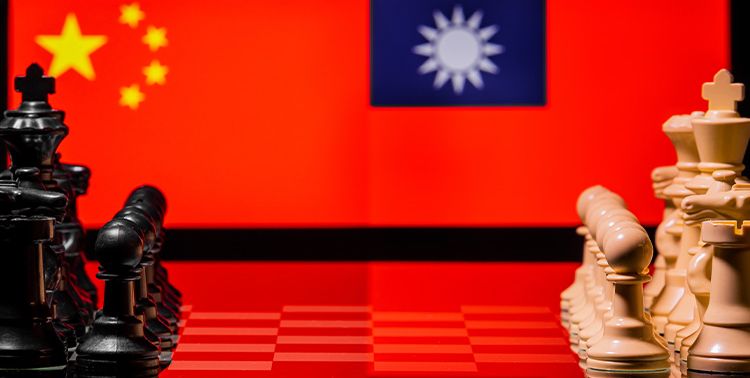In a comprehensive series of unclassified war simulations about a potential Chinese invasion to take Taiwan by force, two questions were asked: Would such an effort succeed? And at what cost? The likely answers are ‘no’ and ‘enormous.’
Tens of thousands dead. A crippled US naval fleet. Japan’s entire military decimated. A Chinese navy in shambles. Taiwan utterly devastated.
Those are just some of the sobering assessments from the most extensive war game simulations ever conducted on a possible conflict over Taiwan, increasingly considered one of the modern world’s most tenuously balanced flashpoints.
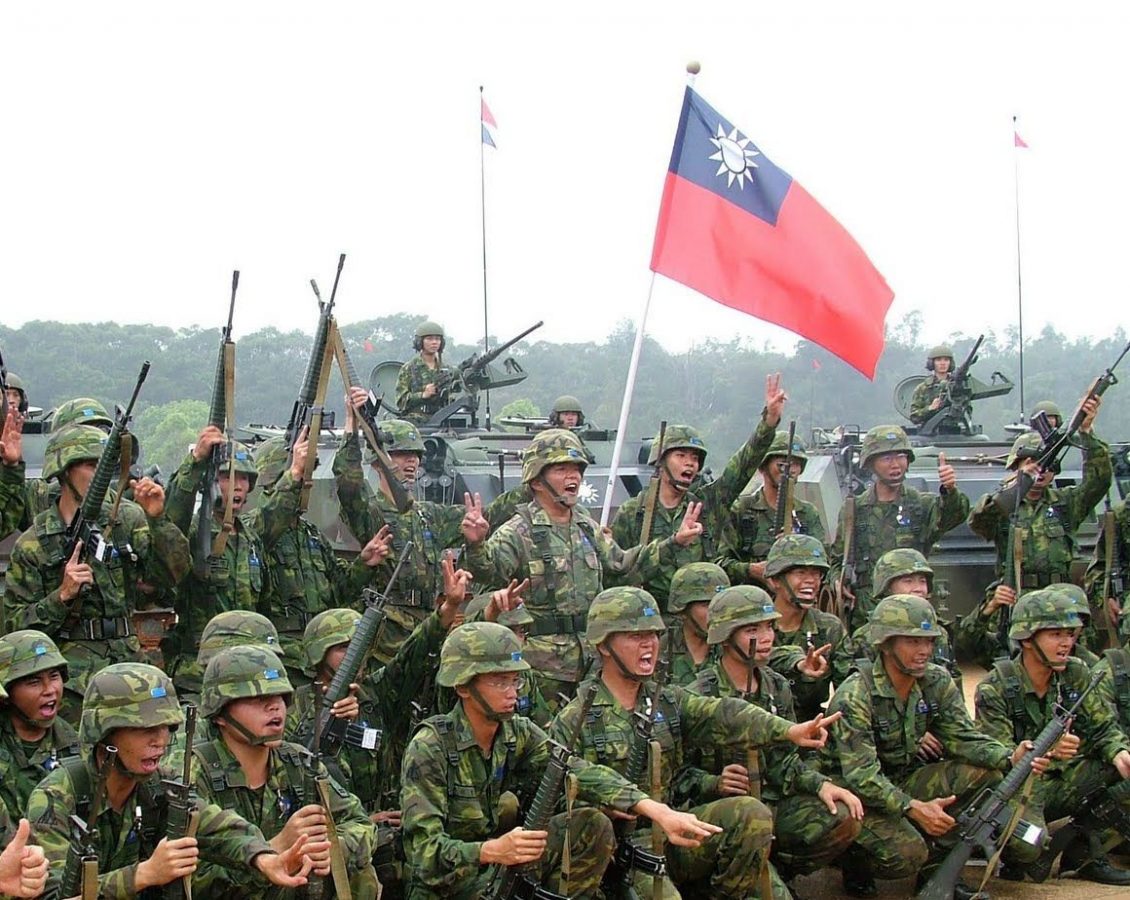
As reported by CNN, Al Jazeera, and other outlets in early January, quoting extensively from the report from the prominent Washington-based Center for Strategic and International Studies (CSIS), titled “The First Battle of the Next War: Wargaming a Chinese Invasion of Taiwan,” two dozen complex war simulations were conducted to game out the likely results of an invasion in 2026 by China’s military to seize Taiwan, the democratically ruled island of some 24 million people that the Chinese Communist Party (CCP) claims as part of China’s sovereign territory, despite having never ruled or controlled it. President Xi Jinping has repeatedly refused to rule out the use of military force to bring Taiwan under the CCP’s control.
Though experts feel such a conflict is unlikely – after all, it’s a war that no one wants to wage – China’s increasing military belligerence has nevertheless compelled a number of governments to play the ‘what if’ game and look at all the myriad components to ascertain how such a war could possibly unfold. As the report’s authors noted, “Although conflict is not inevitable, it is not impossible.”
What the CSIS report paints is a devastating picture – and though it’s one that would not end in China’s victory, the cost of securing Taiwan’s autonomy would be tremendous.

THE MILITARIES OF MULTIPLE COUNTRIES WOULD BE IN RUINS
With the United States and Japan considered to be the most immediate Taiwanese allies in a conflict with China, Beijing’s bid to capture Taiwan by force would not succeed, but the militaries of all four parties would emerge badly damaged – or worse. At the end of the conflict, at least two US aircraft carriers would lie at the bottom of the Pacific Ocean, and China’s modern navy, which is the largest in the world, would be in “shambles.” Needless to say, the human toll would be immense.
“The United States and Japan [would] lose dozens of ships, hundreds of aircraft, and thousands of service members. Such losses would damage the US global position for many years,” the report said. In a majority of the 24 simulations which were conducted, the US Navy lost two aircraft carriers and 10 to 20 large surface combatants. Approximately 3,200 US troops would be killed in the first three weeks of combat alone, nearly half of what the US lost in two decades of combat in Iraq and Afghanistan.
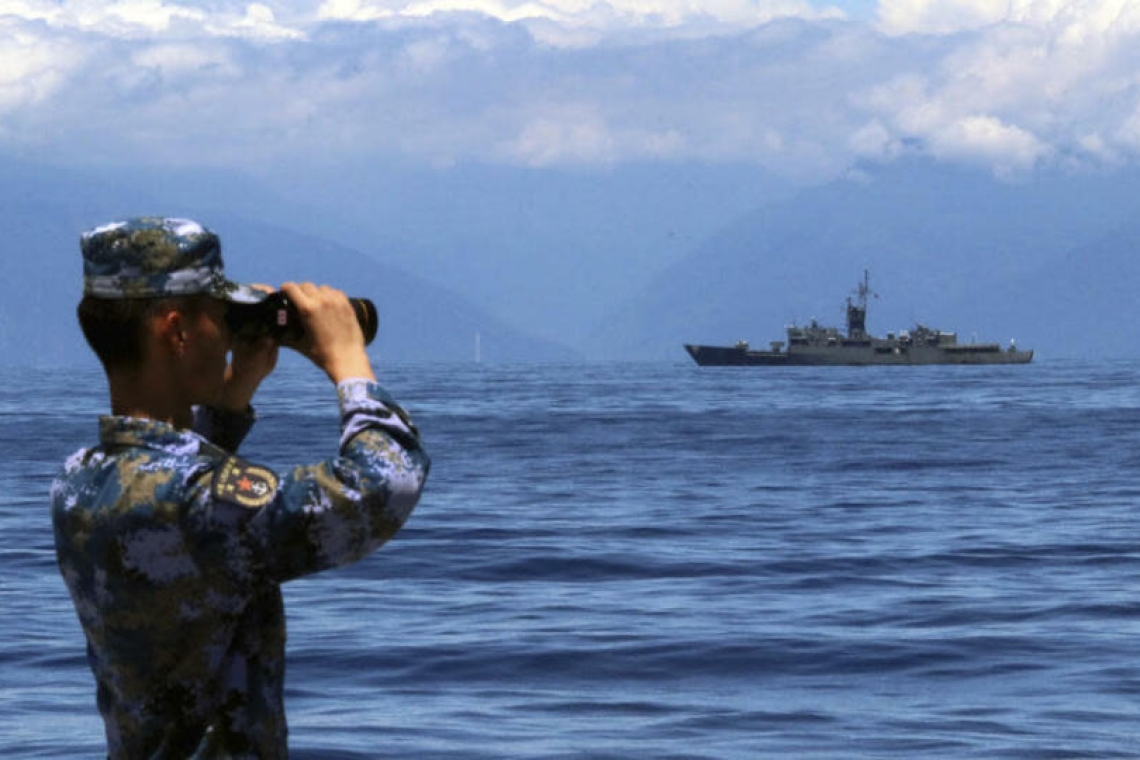
Unsurprisingly, Taiwan’s military would be all but destroyed. The island’s army would suffer about 3,500 casualties, and all 26 destroyers and frigates in the Taiwanese navy would be sunk, the CSIS report concluded.
“China also suffers heavily. Its navy is in shambles, the core of its amphibious forces is broken, and tens of thousands of soldiers are prisoners of war,” it said. The report estimated China would suffer about 10,000 of its troops killed and would lose 155 combat aircraft and 138 major ships.
Japan, meanwhile, would be likely to lose more than 100 combat aircraft and 26 warships, while US military bases on its home territory would come under Chinese attack, as well.
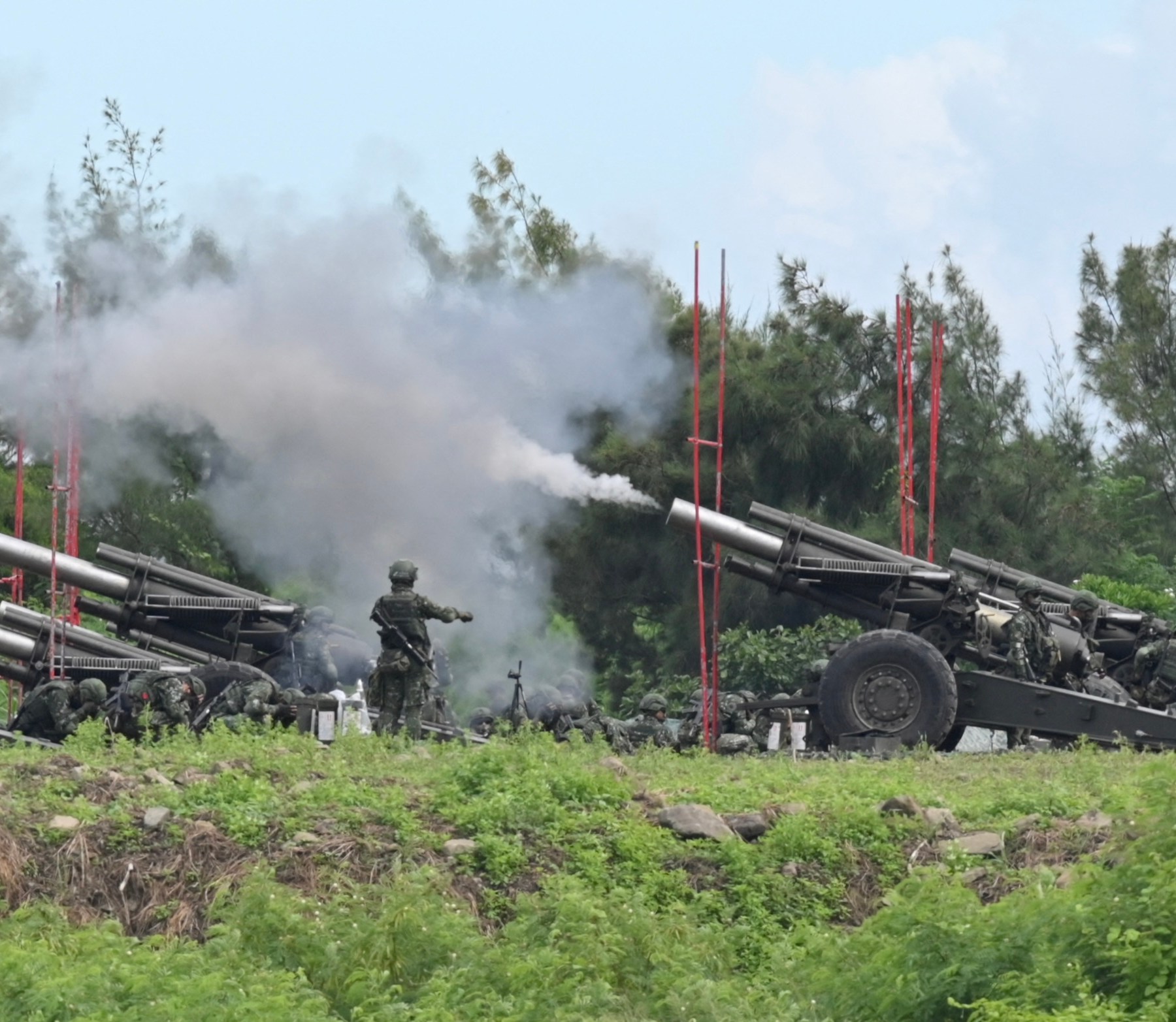
TAIWAN WOULD BE DEVASTATED
“War with China would produce destruction on a scale unseen by the United States since 1945,” said Mark Cancian, a senior adviser at the CSIS, based in Washington, DC, and one of the report’s authors.
Military experts running the simulations found that the invasion always began with a massive Chinese aerial bombardment that destroyed Taiwan’s navy and air force within the first hours of hostilities. The Chinese navy then encircled the island as tens of thousands of soldiers crossed the Taiwan Strait in a mix of military amphibious craft and airborne, landing troops behind beachheads.
Taiwan has been actively preparing for just such an assault for some 70 years, however, and the island’s geography – along with the location of Taipei – favours Taiwan. Taking the capital city is considered a necessary element of any Chinese victory, but this would be difficult to achieve.
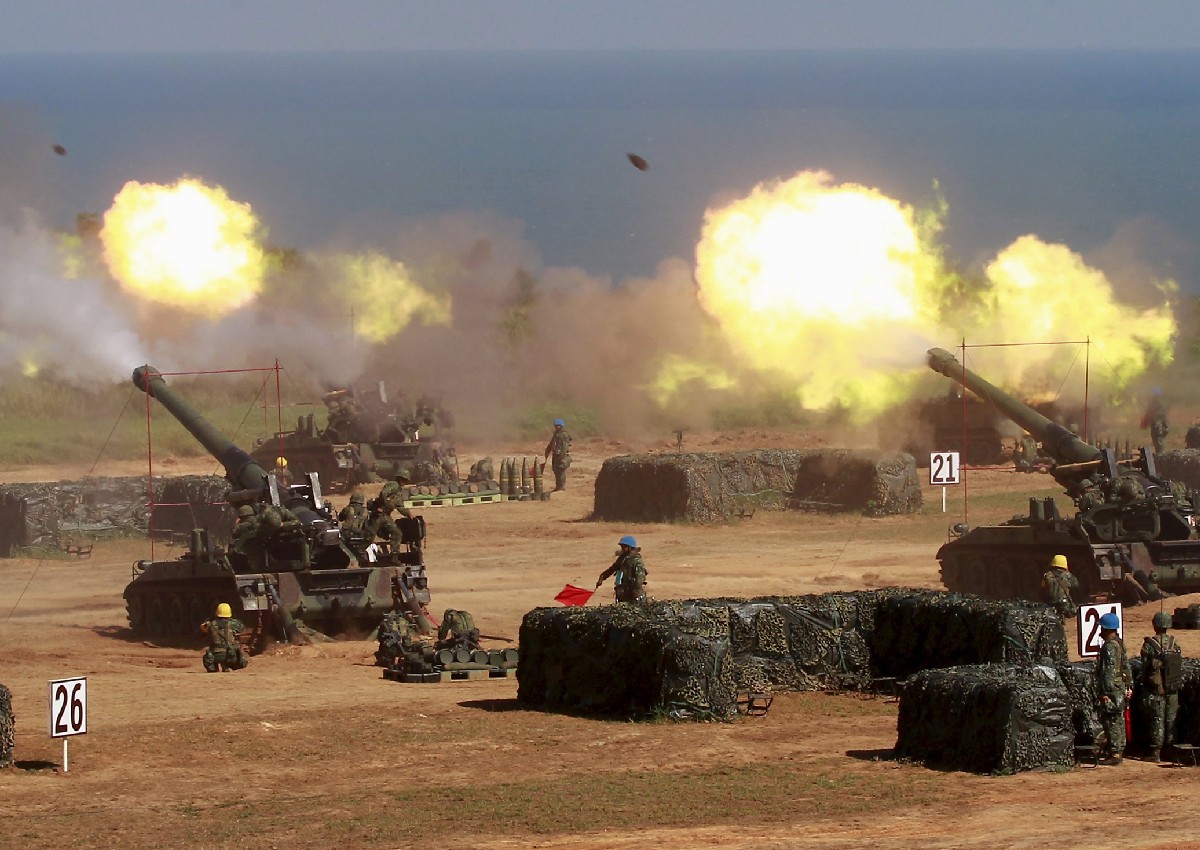
The island of Taiwan would be badly damaged in the first phase of the war. While its land and air forces would be unbroken, the island’s fighting forces would be “severely degraded and left to defend a damaged economy on an island without electricity and basic services,” the report said.
The CSIS report noted that for US troops to prevent China from ultimately taking Taiwan in the conflict, four constants, all considered necessities, emerged among the 24 war game iterations it ran:
- Taiwan’s ground forces must be able to contain Chinese beachheads
- The US would need to have long-range anti-ship missiles to hit the Chinese Navy from afar and “en masse”
- The US must be able to use its bases in Japan for combat operations
- The US needs to fully arm Taiwan before shooting starts, and then jump into any conflict with its own forces immediately (Editor’s note: This seems like two distinct requirements, but that’s how the report combined them.)
In addition to the last item above – the US needing to come immediately to Taiwan’s aid with the full range of its military might – the one intangible that sways the war games to China’s defeat is the willingness of Taiwan’s people to fight.
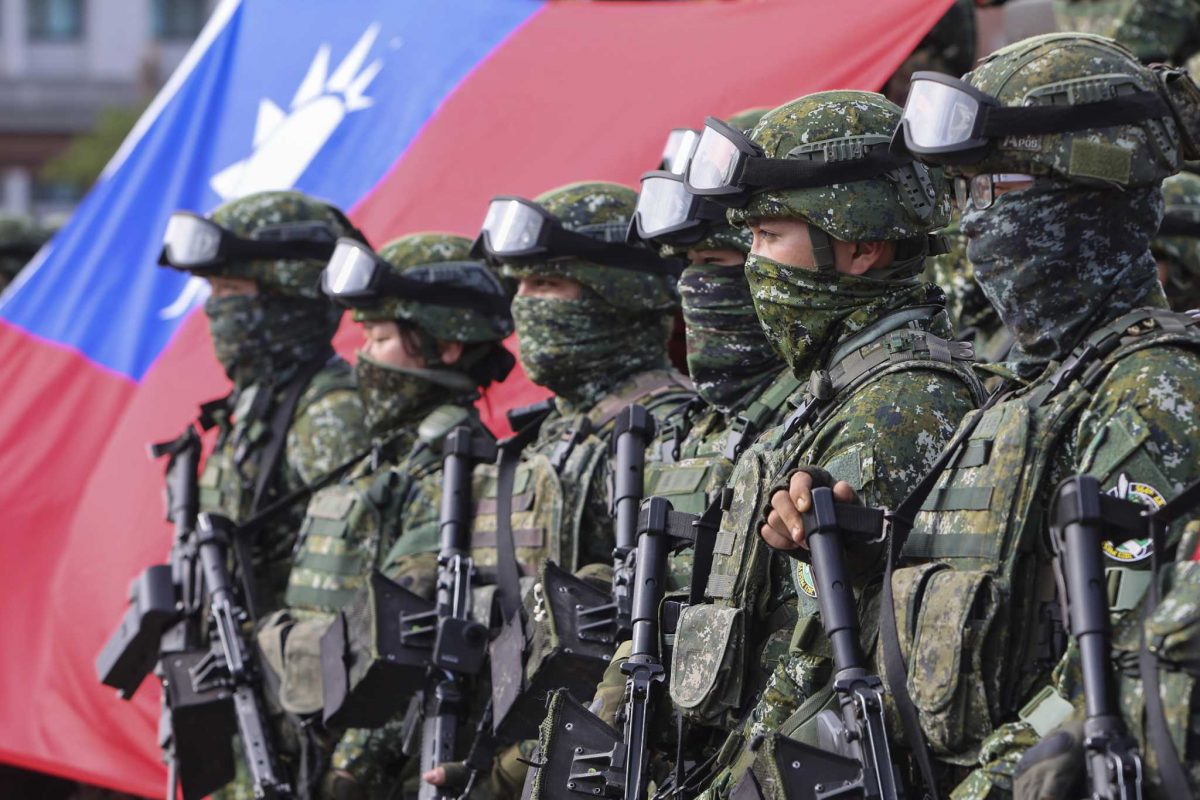
‘SOBERING IN ALL ITERATIONS’
The CSIS report does not mince words as it delivers the assessment of its 24 simulated wars. China would fail in its goal to take Taiwan, but the cost to all involved – and the broader world – would be “enormous.”
The price of such a conflict, the report concluded, was “high and sobering in all iterations,” predicting “tremendous” losses for not just Taiwan and the US, but also Japan and China.
“In four weeks of fighting, the United States typically lost hundreds of aircraft, two aircraft carriers, and up to two dozen other ships,” Cancian said, citing the report, which noted the loss of up to four aircraft carriers in some simulations. “[US] bases on Guam were devastated. The Taiwanese economy suffered extensive damage. Japan was often dragged into war.”
He went on: “China also took terrible losses, often including more than 100 warships and tens of thousands of soldiers killed, wounded, or captured.” Cancian remarked that such a failure might endanger the CCP’s grip on power in China, at a risk of destabilizing the world’s most populous country – and its second-largest economy. The repercussions would be felt globally.
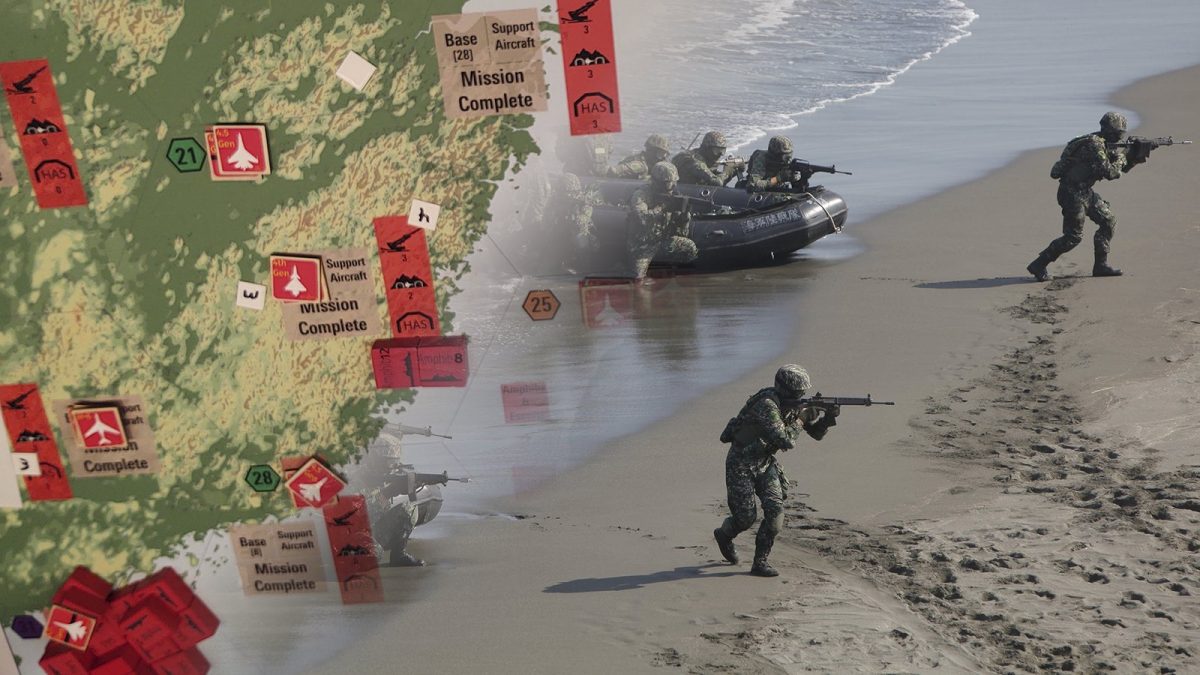
Losses would not just come on the battlefield, either, the CSIS warned.
“The United States might win a pyrrhic victory, suffering more in the long run than the ‘defeated’ Chinese” due to the damage to both the US fleet and Washington’s global standing, the report said.
“Other countries – for example, Russia, North Korea, or Iran – might take advantage of US distraction to pursue their agendas,” it continued. “After the war, a weakened US military might not be able to sustain the balance of power in Europe or the Middle East.”
DETERRENCE IS KEY
If you’re reading this and thinking that all this sounds like a mighty fine reason to sidestep such a conflict by almost any means necessary, the CSIS report reached the same conclusion.
To avoid war altogether, the report advised, the US and its allies must look to military deterrence. Washington, for example, should harden its military bases and work with allies, particularly Japan, for additional basing options. It should also buy more long-range missiles, particularly anti-ship missiles, because some inventories are critically low.
Taiwan, meanwhile, could adopt the ‘porcupine strategy,’ the report said, an approach in which a smaller military adopts ways of fighting that inflict pain on a larger adversary. Such an approach would involve Taiwan deploying more mobile anti-ship missiles.
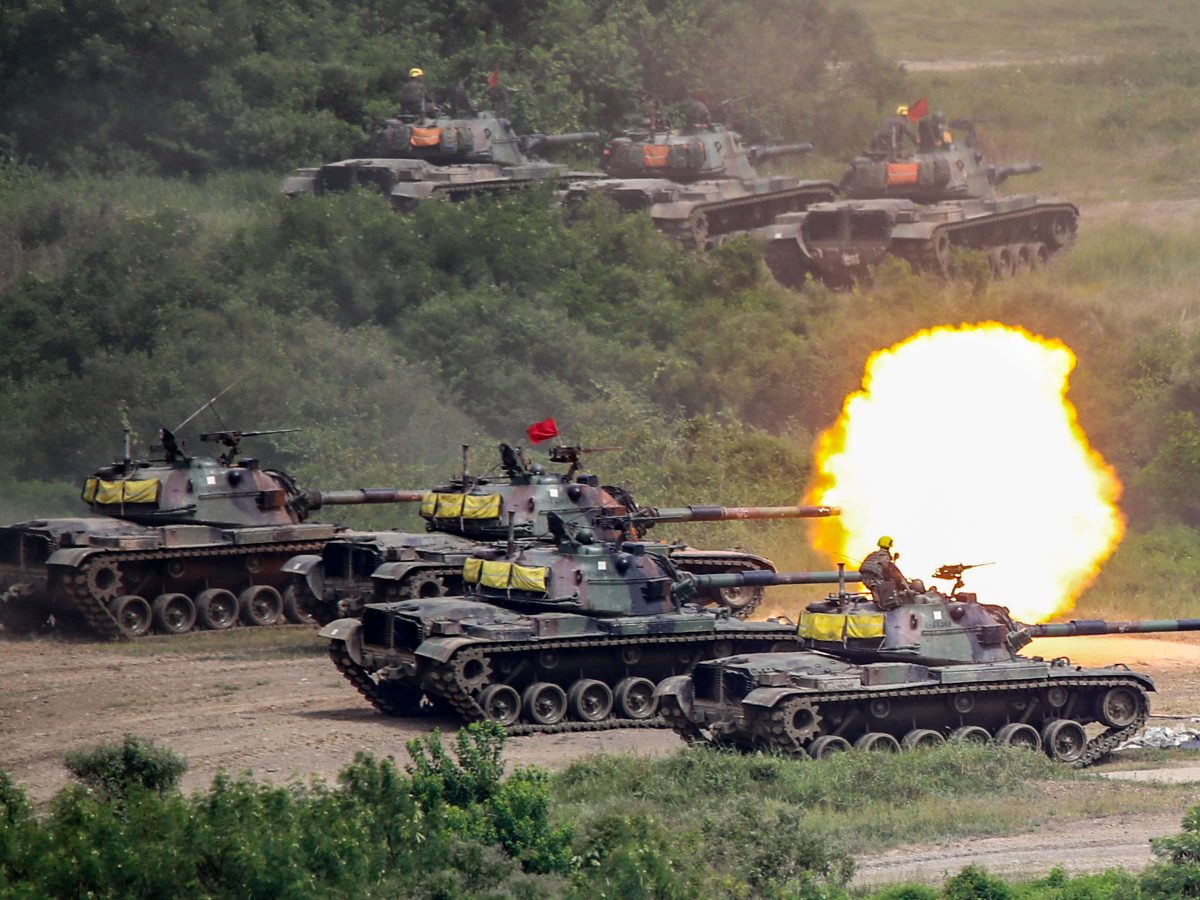
Taipei must also focus on strengthening Taiwan’s ground forces, rather than buying expensive ships and aircraft, which are more easily vulnerable to attacks, the report said.
“Ground forces must become the center of Taiwan’s defense effort,” the think tank concluded. “Because some Chinese forces will always land on the island, Taiwanese ground forces must be able to contain any beachhead and then counterattack forcefully as Chinese logistics weaken.”
All of this sounds like little more than opposing militaries laying out plans for a war, but as years of quiet conflict amid the strengthening militaries of the United States and Soviet Union showed us, sometimes planning for a major war – or simulating them to illustrate the devastating costs – can be the best way to avert one altogether.
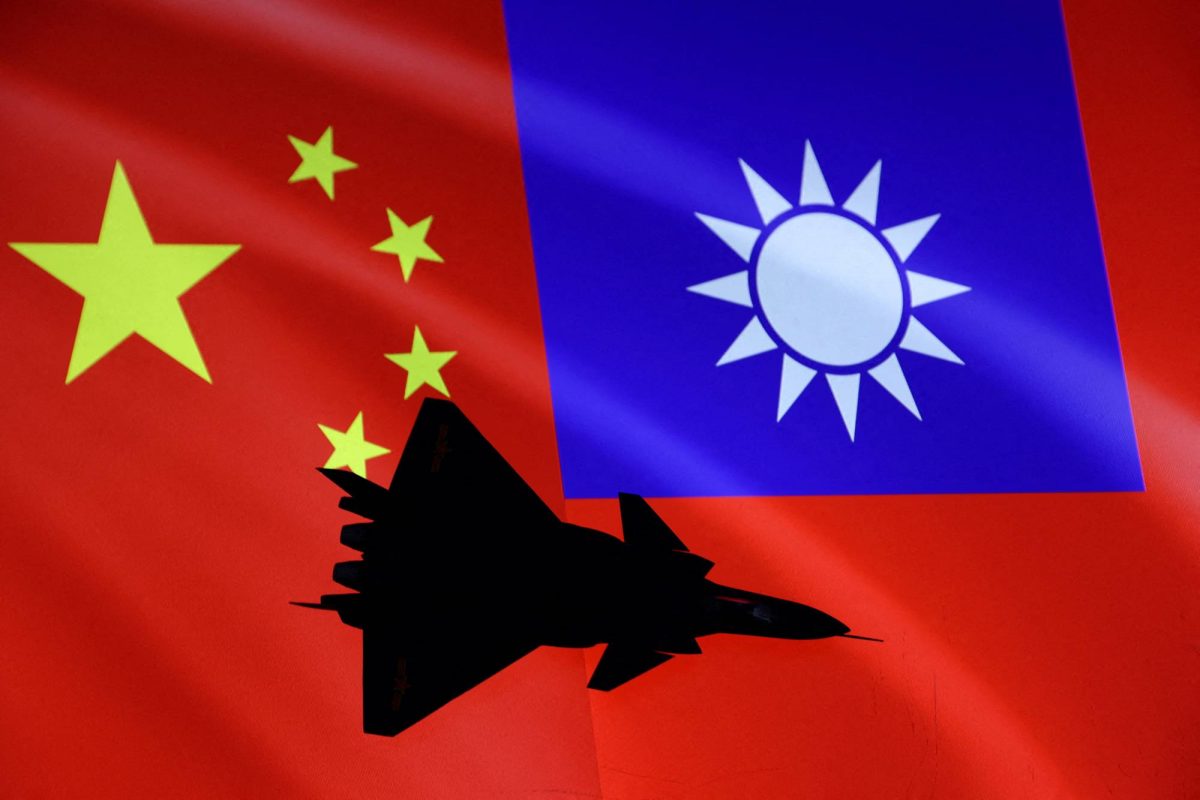
Reporting from CNN and Al Jazeera contributed to this article. To read the synopsis of the CSIS war game simulations, view its summary video, and download the full PDF report, CLICK HERE.
"ExpatGo welcomes and encourages comments, input, and divergent opinions. However, we kindly request that you use suitable language in your comments, and refrain from any sort of personal attack, hate speech, or disparaging rhetoric. Comments not in line with this are subject to removal from the site. "


